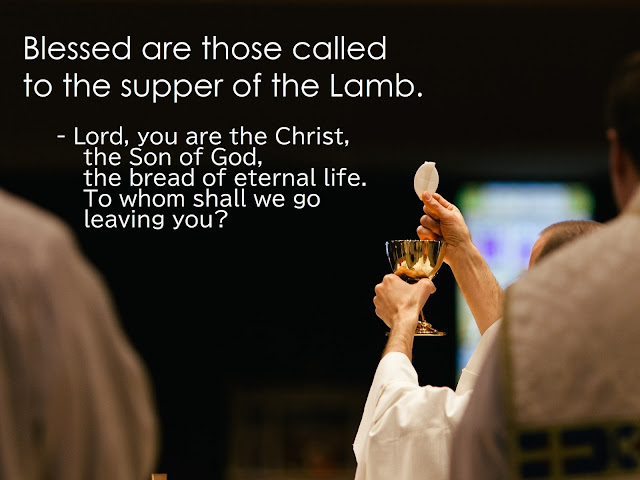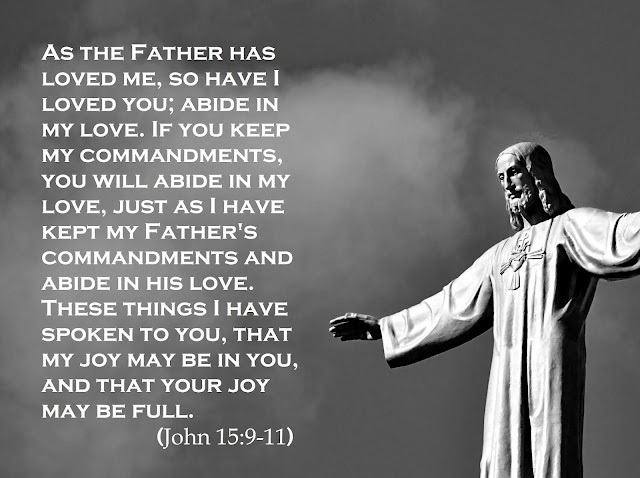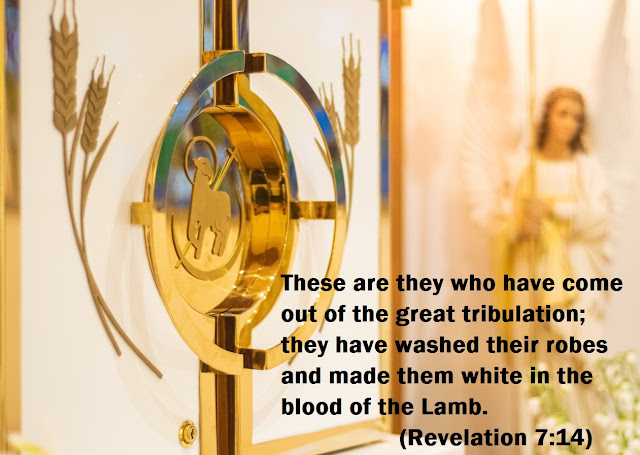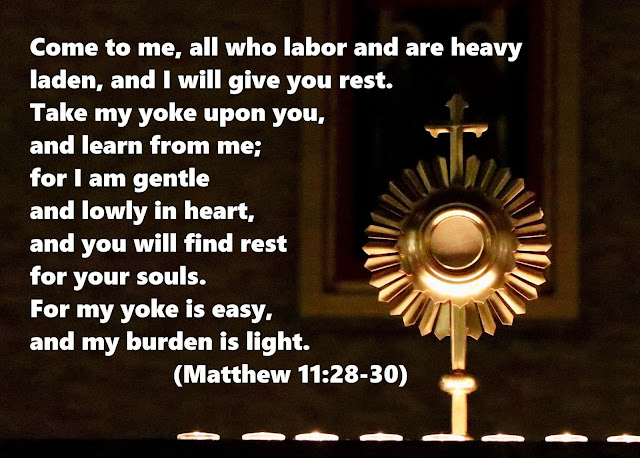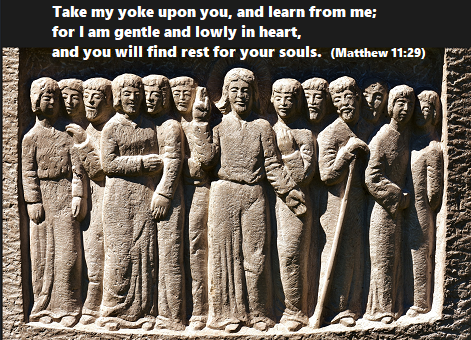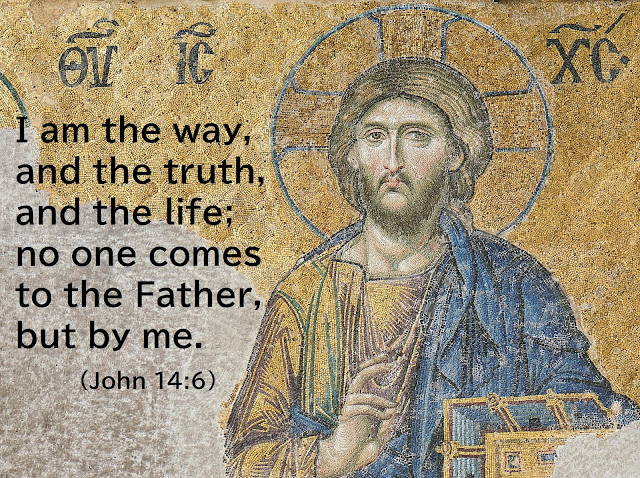
The Estuary of Theology 28 “I Am the Way, and the Truth, and the Life” Jesus, who said, “ I am the way, and the truth, and the life; no one comes to the Father, but by me ” (John 14:6), instituted the Holy Eucharist, which is born of the Word, and handed down the “way” concretely to the Christians, who live their lives with the Holy Spirit. The Holy Spirit guided them so that they can make the world view of Jesus Christ into their own with their senses by the Book of Revelation, which is “ the revelation of Jesus Christ ” (Revelation 1:1). This world view gets connected with the twofold spirituality of the Holy Spirit, who “ will guide you into all the truth ” (John 16:13), and we will recognize it by receiving the Holy Eucharist in the Mass. So, the most important thing is to concentrate on the voice coming in through our senses in reciting the Book of revelation. For people, the “truth” is the “plan of God,” the will of the Father that has become the Word. It is directed toward “life...
